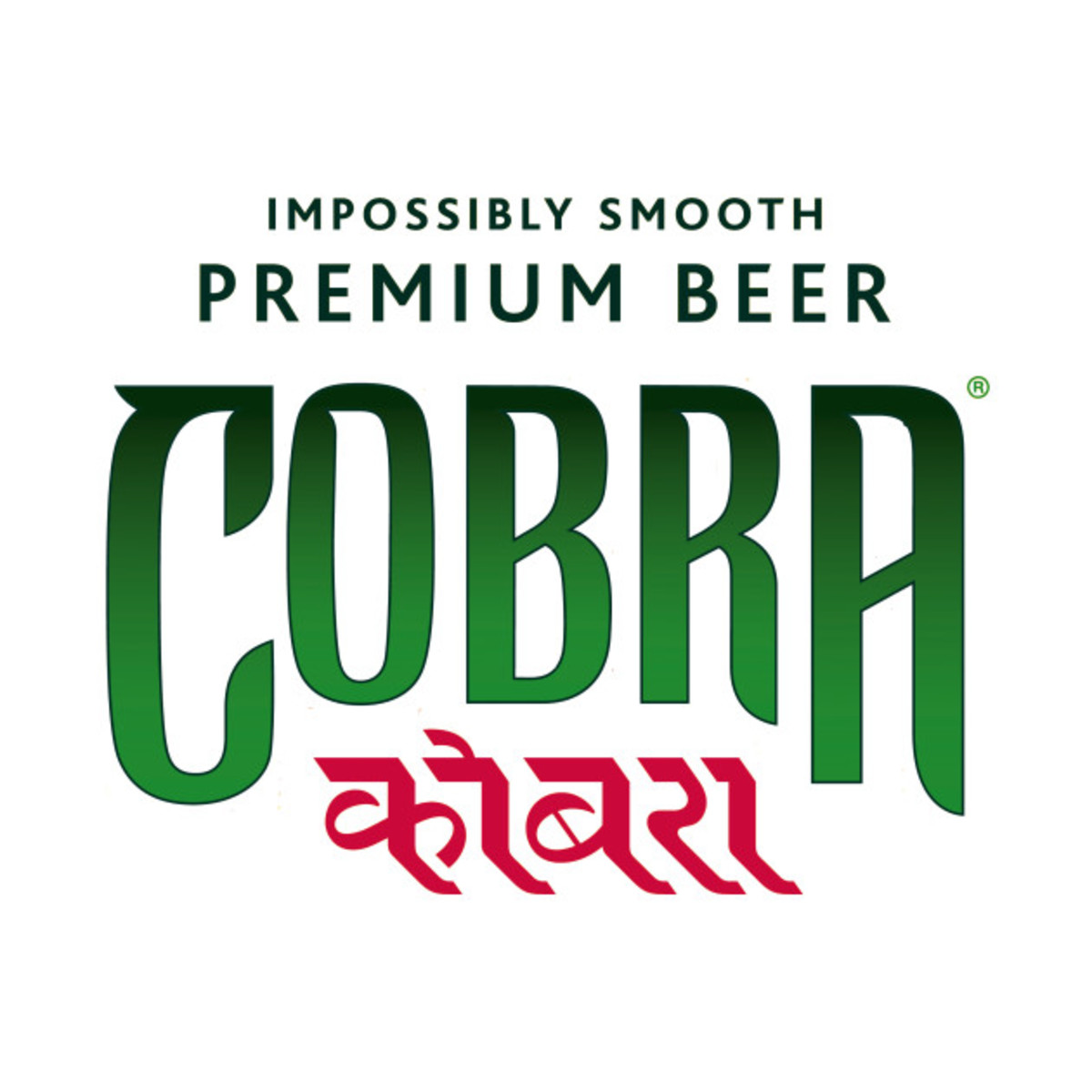Gods of Management - A Brief Outline
A Survey of Charles Handy's Archetypes
This articles provides a brief outline of Management consultant Charles Handy's seminal text "Gods of Management" (2009).
Handy uses the metaphor of the gods of Ancient Greece to describe the nature of business organisations today. It provides an accesible means of conceptualizing the basic structure and culture of any given organisation, and allows managers to think in concrete terms about where they currenly are and would like to be.
The Club Culture (Zeus)
Zeus is the spider, the centre of power and influence. The lines of the spider's web are the lines of power and influence, which reduce in importance as they get more distant from the centre. The spider takes his position, then builds his web around him; of people who share his ideas and outlook. Relationship with the spider matters more than any formal title or position.
Club cultures are built on affinity, where people understand how
the minds of their colleagues work.
They work on empathetic initiative with personal contact rather than
formal liaison. They also work on trust;
if an individual "betrays " the group, he must go.
Positives:
Club cultures value the individual, giving him or her free rein to act, and
rewards success (by offering closer relationship to Zeus).
Negatives:
No place for individual if she does not "fit". Smacks of paternalism and the cult of the individual,
of personal power, to be used or abused.
The Role Culture (Apollo)
Apollo was the god of order and rules. Apollo cultures are based on rationality and logically. The task of an organisation can be sub-divided into an organisational flow chart of work, with a system of prescribed roles(job descriptions); held together by a set of rules and procedures.
Handy's symbol for the Apollo culture is a Greek temple. The pillars represent the functions and
divisions of a role organisation. The pillars are joined managerial only at the
top, the pediment, where department heads, committee members etc. join together
to form the management or the
administration. A typical career would
involve joining one of the pillars and working one's way up to the top.
Positives:
Where circumstances remain the same, Apollo cultures can
refine themselves. Yesterday can be examined, pulled to pieces
and put together in the form of improved rules and procedures for
tomorrow. Stability and predictability are
assumed and encouraged.
Negatives:
Apollo requires individuals to suppress personal instincts and ideas in
favour of adherence to rules.
This type of organisation cannot respond well to changes in circumstances.
The Task Culture (Athena)
Athena, the patron of Odysseus, the problem solver, is the goddess of this culture. Its picture is the net, drawing resources from various parts of the organisation in order to focus them on a particular problem. Power lies at the interstices of the net, rather than at the centre or the top. Athena cultures speak of themselves as teams rather than organisations or sections, and tend to be relatively youthful..
Athena cultures are
concerned with the continuous and successful solution of problems. First define the problem, allocate to its
solution the appropriate resources, give the individuals the go-ahead, and wait
for the solution. Judge performance in
terms of results.
Positives:
Since the group has a common purpose, there is a sense of
enthusiasm and shared commitment.
Works well when problems are solvable, such as in an advertising agency, or one-off, as in the setting up of
a project.
Negatives:
Variety, rather than predictability is the yeast of this kind of
management. Athenian cultures are good at coming up with ideas, but they do
not care for the more routine
tasks required of groups. Because
solutions and decisions are achieved through talking, Athenian cultures can
be
expensive. If they become too big, they begin to have to adopt Apollonian structures, which Athenian individuals do not like. Athenian cultures cannot deal with the insoluble. In hard times, a Zeus may emerge to deal with the crisis. As they get older/more experienced, members may want more routine or personal power.
The Existential Culture (Dionysus)
Dionysus, the god of Wine
and Song presides over this culture.
The
tenet, "we are in charge of our own destiny" rather than being
instruments of some god rules this culture.
In the other three cultures, the
individual is subordinate to the organisation; she is there to help the
organisation achieve its purpose and is paid for doing this. In existential cultures, the organisation
exists to help the individual achieve her purpose. Examples of such organisations include GP
practices, chambers of barristers or a
co-operative of artists.
Positives:
Offer individuals freedom, the preservation of identity, and
power sharing through consensus management. Also offer access to an organisation of colleagues, along with the support, flexibility
and bargaining power that association brings.
Negatives:
Difficult for practice "managers" or
"co-ordinators" to manage effectively, where they do not hold power.
Difficult to bring about changes in behaviour without
resorting to extreme measures.
Erika Lawal







